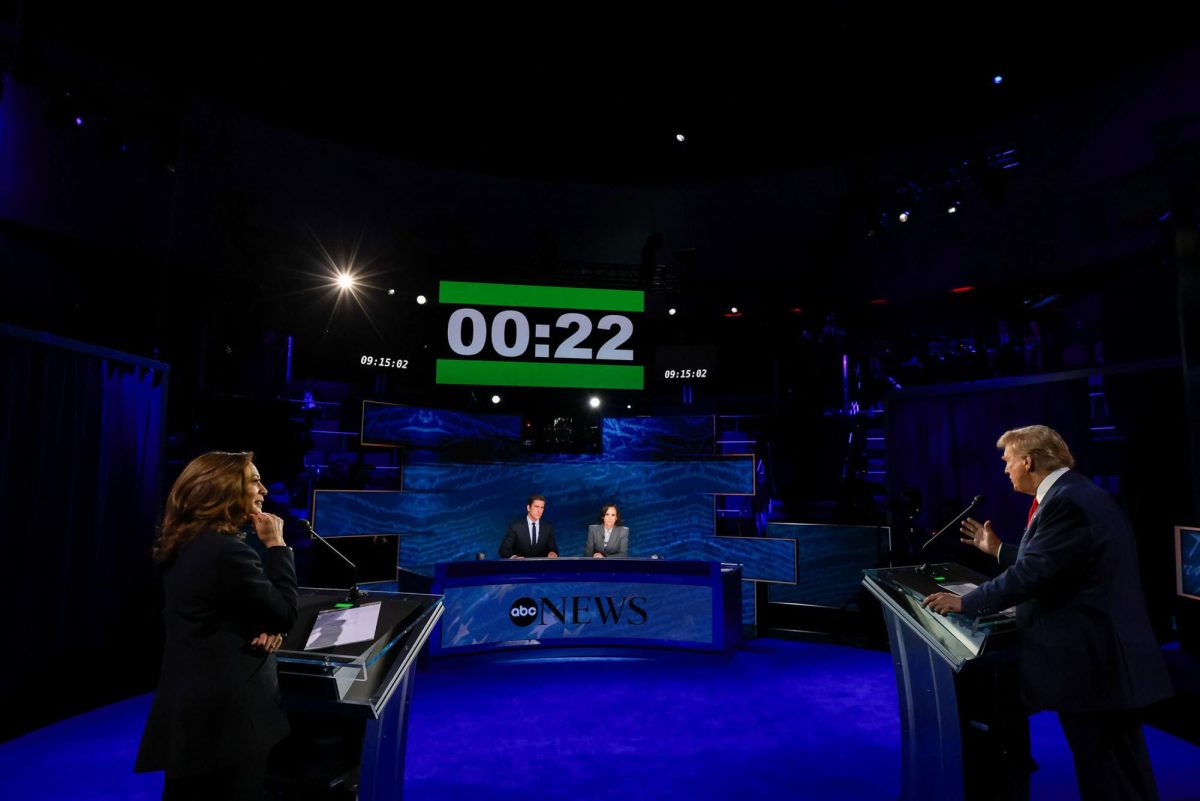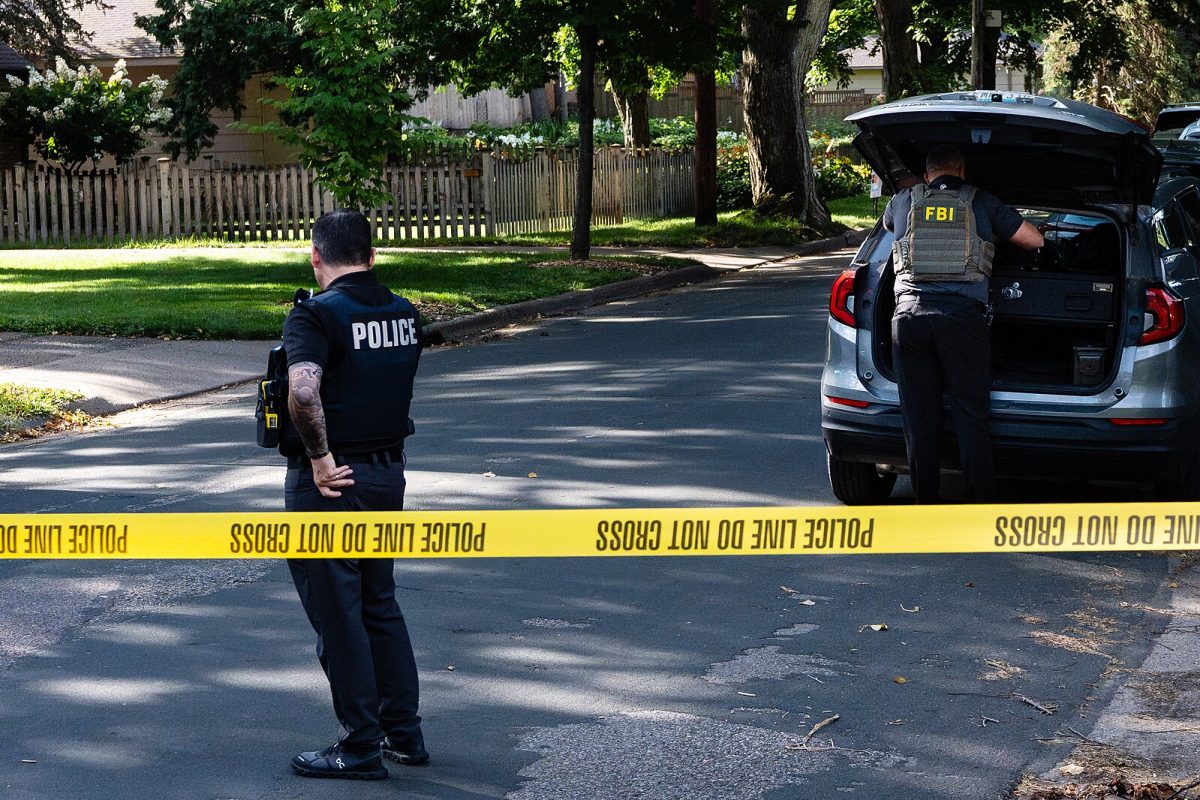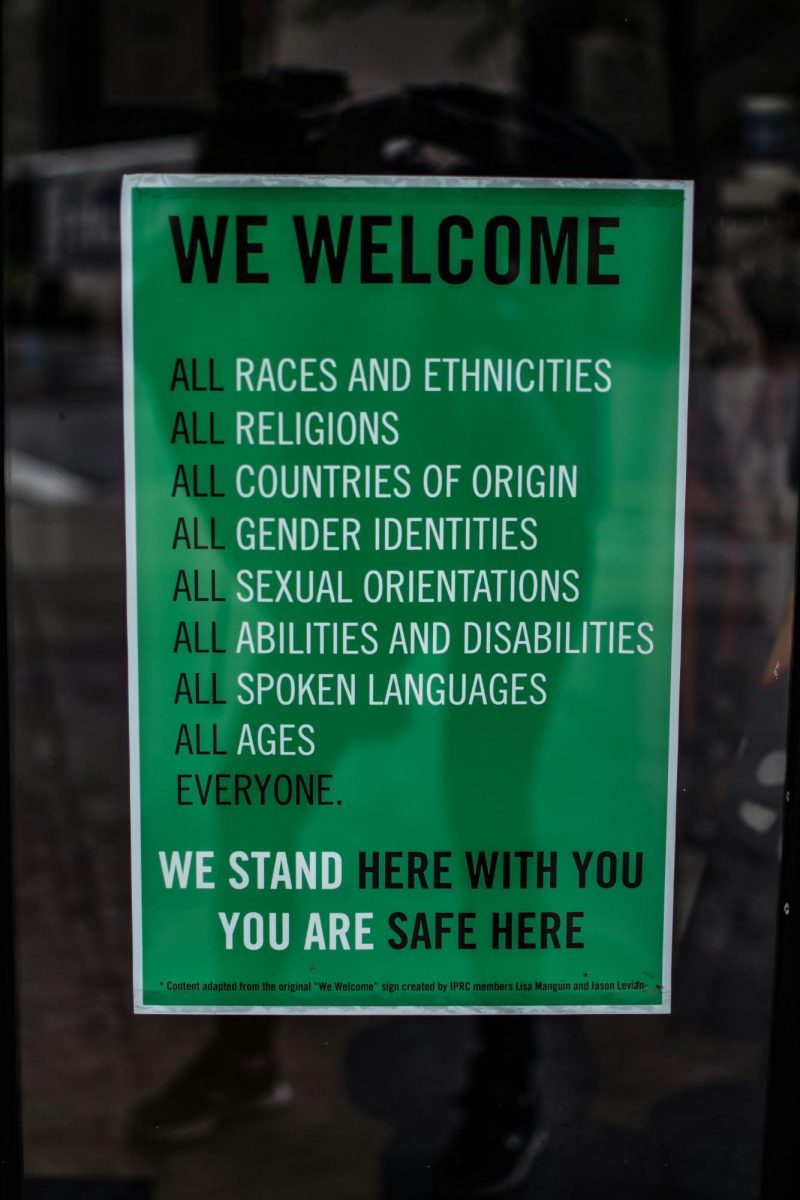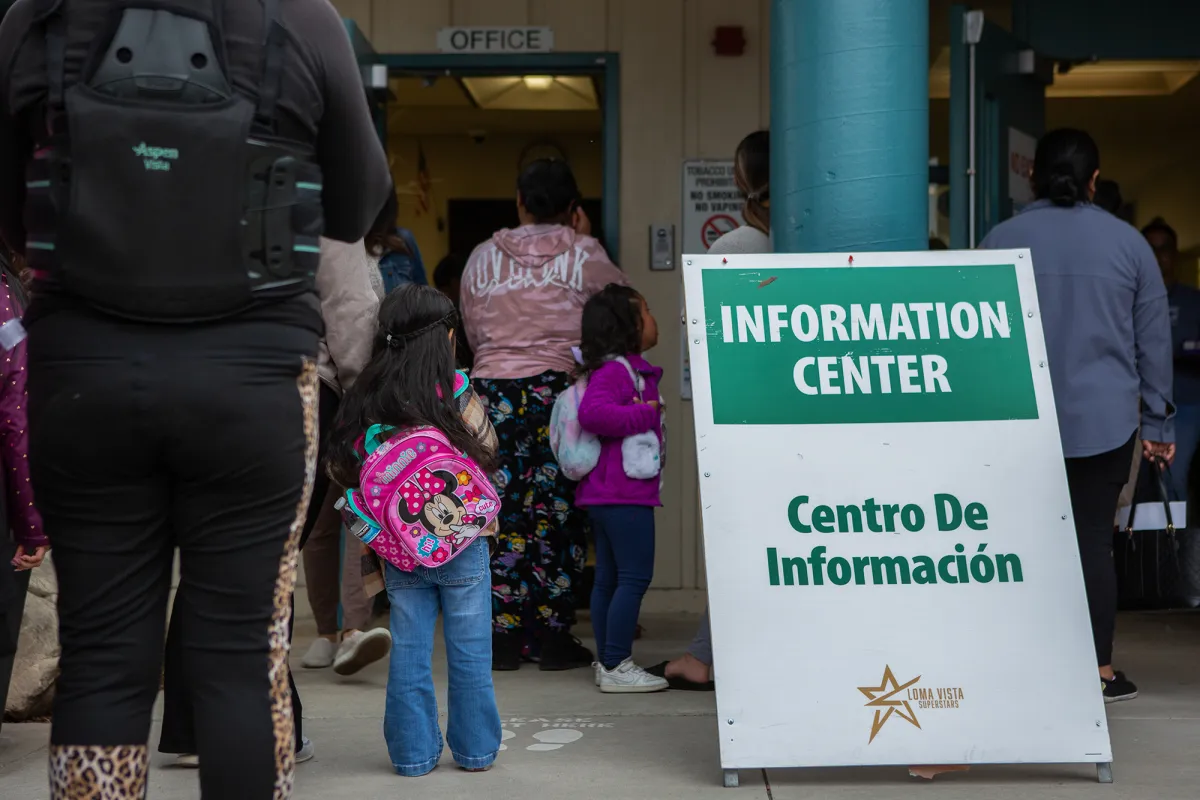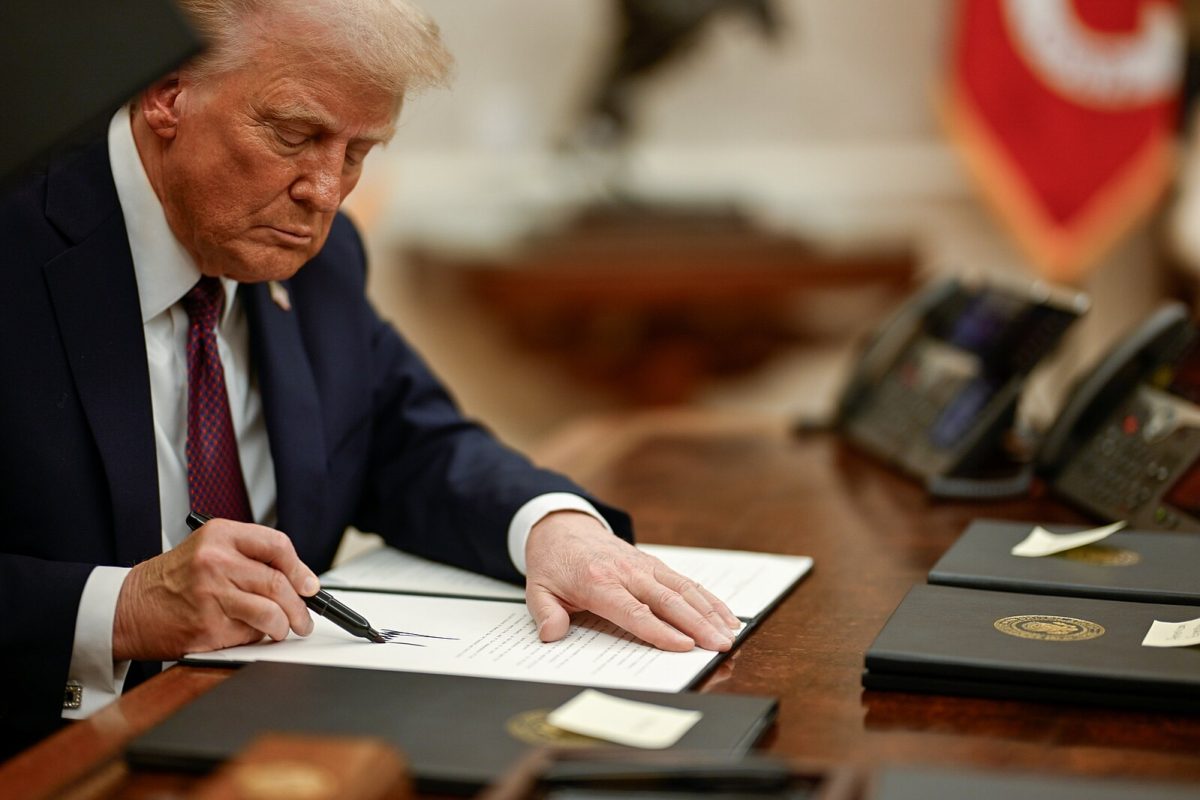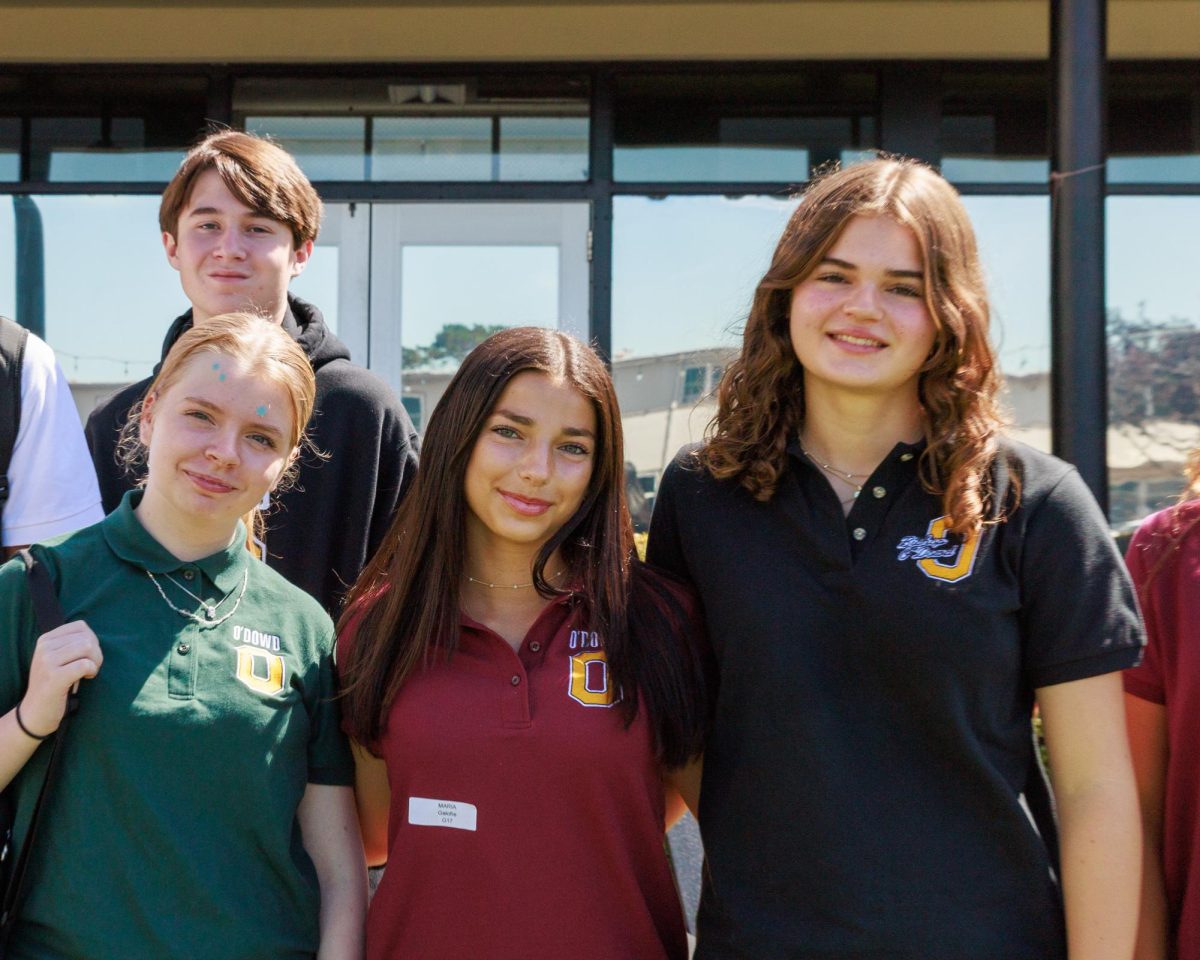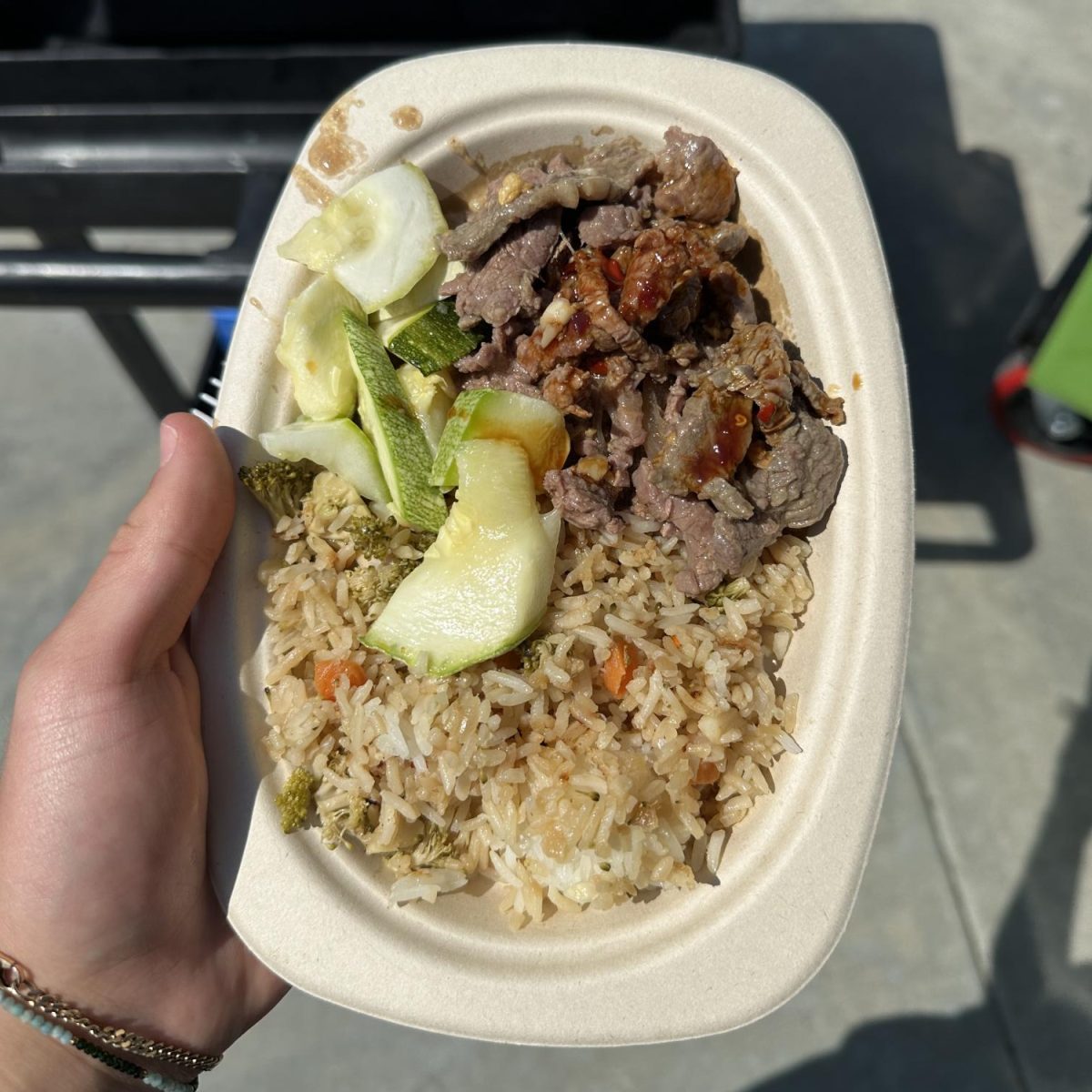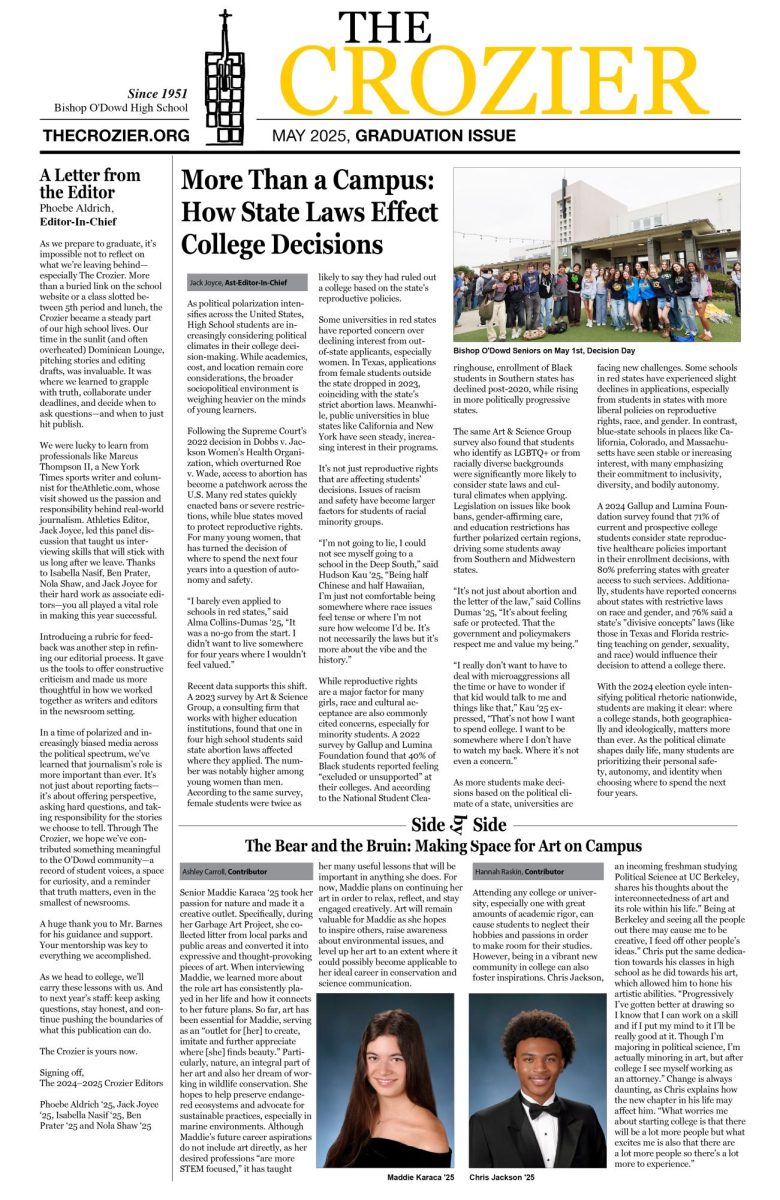Kamala Harris and Donald Trump went face to face in a presidential debate on Tuesday, September 10, causing the entire nation to tune in nearly two months before election day. Due to the strong base of support on both sides, in this debate, it was clear that each candidate had different intentions going into it. There were some key takeaways from this debate, ranging from abortion to immigration, each one highlighting pressing societal concerns.
First, Kamala Harris’s stance during the debate and the campaign is leaning more toward swing voters, which is something Democrats haven’t been seen doing as radically in the past. During the debate she mentions her and her co-runner Tim Walz being gun owners, appealing to a new audience that she would never have appealed to before. AP Government and Politics teacher at Bishop O’Dowd, Nicole Elliot, shares her thoughts on this change of direction from the democrats, “The democrats are taking a much more centrist approach, focusing on issues that will resonate with moderates in hopes to catch the independents and undecided that could, ultimately, decide this election. I think it’s a wise move at this point because it eliminates the possibility of a rational argument that they are too radical for everyday Americans.”
Another key takeaway from the debate was when both candidates fought over their stances on abortions. Trump did not stray from what was believed of the Republican party, he argues that he dared to bring the debate of Roe v. Wade back to the states and he debated whether or not abortions should happen in the seventh, eighth, ninth, and after birth. This was then debunked by Lindsey Davis, the moderator during the debate, who fact-checked him between arguments. He also avoids the topic of whether or not he would veto a national abortion ban saying, “I won’t have to,” which leads him to continue by stating that everyone is pleased with the outcome of the overturn of Roe v. Wade.
Harris on the other hand took her stance on abortion fairly clearly. She highlighted how there are many cases of women not being able to get abortions when they have been raped or how women struggle to get miscarriage care. She also states during the debate, “The government, and Donald Trump, certainly should not be telling a woman what to do with her body.” This powerful line sets up the rest of the debate for Harris to be confident in her opinions and values.
The next key takeaway from the debate would be when Trump claims, “In Springfield, they are eating the dogs. The people that came in, they are eating the cats. They’re eating – they are eating the pets of the people that live there.” This caused many viewers to either immediately believe Donald Trump or question him. Phoebe Aldrich ‘25 commented, “Personally the spread of propaganda to captivate his fanbase is problematic especially when he wouldn’t cooperate with the moderator’s fact-checking him. I think it’s important for a candidate ‘s arguments to be fact based in order to uphold civil integrity. As a future voter, I value candidates who believe in telling the truth.”
Lastly, Harris and Trump throw accusations at one another regarding immigration policies. For example, Harris blames Trump for killing the bipartisan border deal. Trump called the Biden/Harris administration border policy to be “one of the greatest mistakes in history.” Both sides during the debate used immigration to try and draw voters to their side due to the pressing factors coming from border security, visa categories, and much more.
Overall, this debate was a pivotal moment for the two candidates in the upcoming election. Harris and Trump attempted to swing voters to look in their direction while diverting attention away from their counterparts. They both showcased their public speaking skills while attempting to highlight their policies. As discussions continue outside the debate room, it becomes clear that the implications of this debate reach far beyond mere opinion, influencing the lives of many US citizens.

